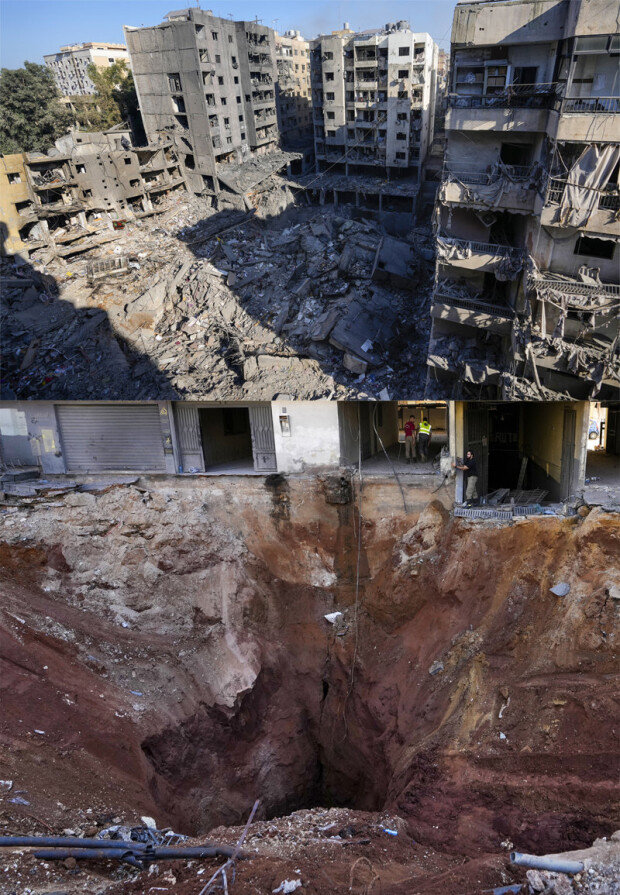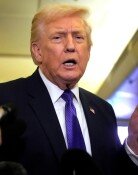Israel eliminates Hezbollah’s leader with bunker-buster bombs
Israel eliminates Hezbollah’s leader with bunker-buster bombs
Posted September. 30, 2024 08:23,
Updated September. 30, 2024 08:23

On Friday (local time), Israel eliminated Hassan Nasrallah (64), the supreme leader of the pro-Iranian armed group Hezbollah in Lebanon. With the Israeli military deploying ground forces into Lebanon and the increasing possibility of an all-out war with Hezbollah, tensions are rising across the entire Middle East.
Iran, which supports Hezbollah, also announced a hardline stance against Israel, saying, "All resistance forces should support Hezbollah." If Iran enters the conflict, the likelihood of U.S. involvement in support of Israel increases, suggesting that tensions in the Middle East will likely remain at their peak for the foreseeable future.
On Saturday, the Israeli military issued a statement announcing that "Hassan Nasrallah, Ali Karaki, Hezbollah's southern commander, and other senior leaders of the terrorist group (Hezbollah) were killed in an airstrike the previous day." Nasrallah was conducting a meeting 18 meters underground in a residential building in Dahiyeh, a suburb in southern Beirut, when he was targeted by a "precision airstrike" using bunker-buster bombs. The Israeli military said that "Hezbollah leaders were coordinating terrorist activities against Israeli citizens," and named the operation "New Order."
Hezbollah confirmed the death of Nasrallah in a statement, declaring, "We will continue to fight against Israel to support Gaza and Palestine, and to protect Lebanon and its steadfast and honorable people." Iran’s Supreme Leader Ayatollah Ali Khamenei, leader of the theocratic state, called on Muslims worldwide to support the people of Lebanon and the proud Hezbollah by all means and help them resist the evil regime of Israel. It was also revealed that Gen. Abbas Nilforoushan, deputy commander of Iran’s Revolutionary Guard, who had been with Nasrallah, was killed in the same attack.
Eun-A Cho achim@donga.com



![17년 망명 끝에, 부모 원수 내쫓고 집권[지금, 이 사람]](https://dimg.donga.com/c/138/175/90/1/wps/NEWS/IMAGE/2026/02/18/133376197.3.jpg)



